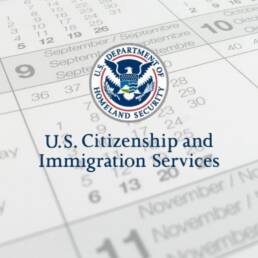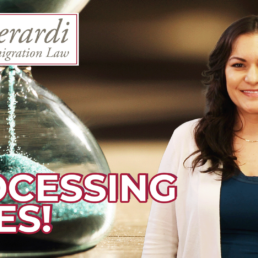adjustment of status
October 7, 2024
Understanding Automatic Visa Revalidation
September 20, 2024
Keeping Families Together Program Update: What You Need to Know
April 4, 2023
USCIS Removes 60-Day Rule for Medical Exam Form
November 3, 2022
Immigrant Visa Processing & Adjustment of Status Applications
March 26, 2021








